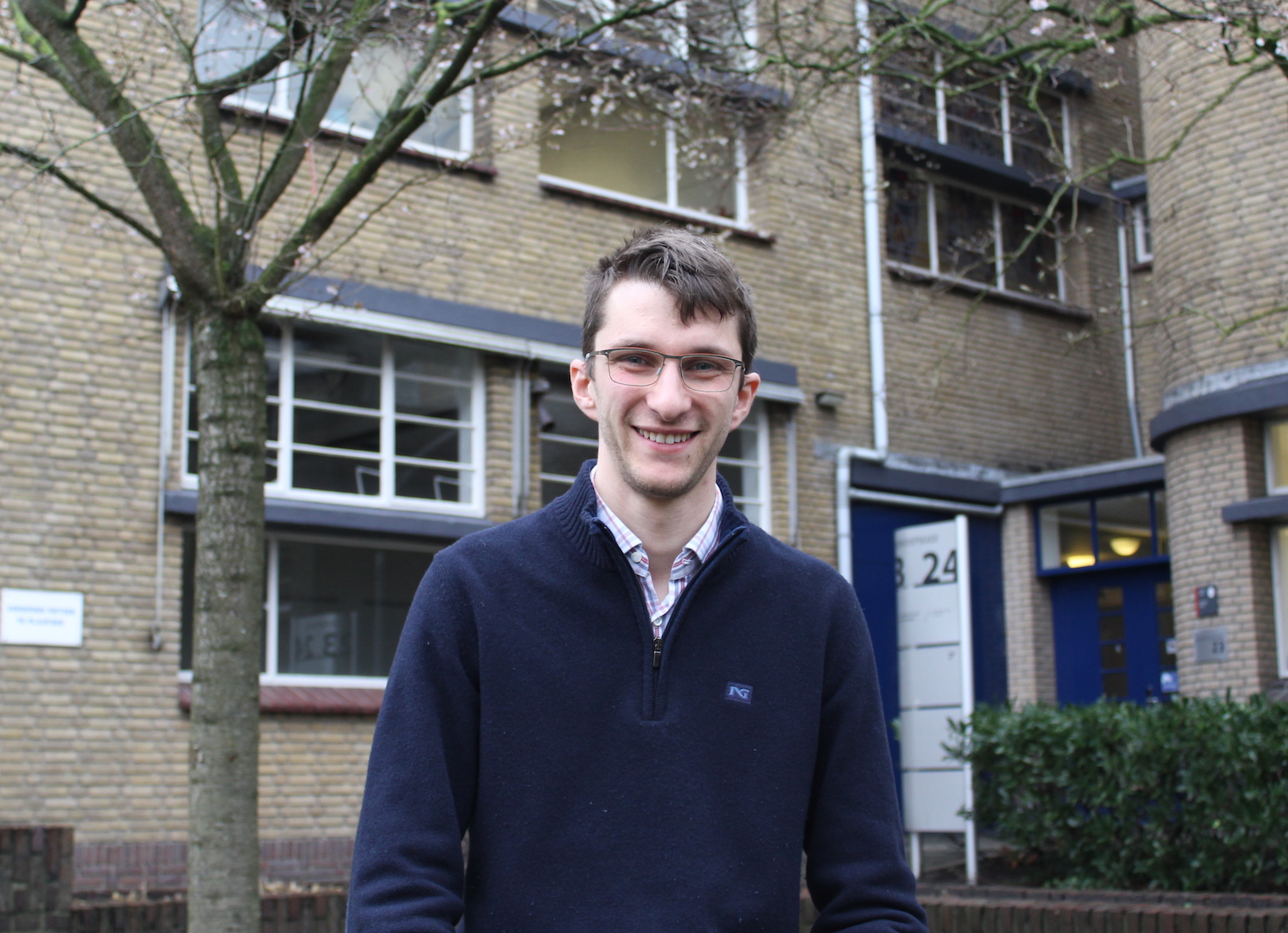Dr. Wilbert Rossi

I am Wilbert Samuel Rossi, I am Italian and 32 years old. I come from a small town called Cavour in the countryside of Piedmont, the region where I grew up. Even though I am 100% Italian, I have a Dutch name. My surname is the most common in Italy, so my parents gave me the name of one of their two Dutch friends (as I discovered recently…the nickname, because the original name is Willibrordus).
Regarding my education, I graduated in Physical Engineering (BSc and MSc) from Politecnico di Torino, one of the top Italian Universities. My background is therefore in the area of Electrical Engineering and Solid State Physics. However, I realised that I had broader interests and I continued with a PhD in Mathematical Engineering, doing research in the area of dynamics over networks.
My position at UCG is of Assistant Professor in the Science department. I also do a bit of research, to keep up to date and connected with my field of expertise. I feel that I can contribute to the UCG community with my character, expertise and enthusiasm. At the same time, I believe that I can learn a lot from the people that are working here, and collaborate on interdisciplinary research. I am also a tutor, i.e. I meet individually with some students and accompany them in their first step in academia, helping them reflect on their interests and ambitions.
What is it like studying Sciences at UCG?
It is interdisciplinary. We have a modern programme that gives an overview of current developments in the area of data science, smart technologies, healthcare and wellbeing and strongly interconnects them with the ethical and societal challenges that they entail.
What do you teach at UCG?
I teach “How Things Work". The course looks at how some common objects and technologies work, and indeed one of the objectives of the course is to recognise the presence of science in general and physics in particular in everyday life.
I coordinate and teach “R&M: Mathematics for Social and Life Sciences”. The course is meant to give a basic mathematical foundation to the majority of our students and provides an introduction to the mathematical subjects that are used to formalise and analyze the problems arising in the social sciences and life sciences. The course teaches a quantitative language and is a way to develop problem solving skills and logical, quantitative reasoning.
What do you like most about being a lecturer at UCG?
I like the diversity of the environment and community. It is a small faculty that contains all disciplines, so it is a like a micro-university: you get to know every staff member, top to bottom, administrative and academic. And you are exposed to different disciplines and way of thinking. It is inspiring and challenging. I also like to be closer to students and share common spaces.
Is there any advice you could give to prospective UCG students?
Before all, be curious, passionate and committed. Then, be open to reflect on your ideas and motivation and not be afraid to explore new directions. Or even, create a new direction. Work hard, and demand more to the community around you. UCG is here to grow with your talent.
| Last modified: | 29 September 2021 5.07 p.m. |
